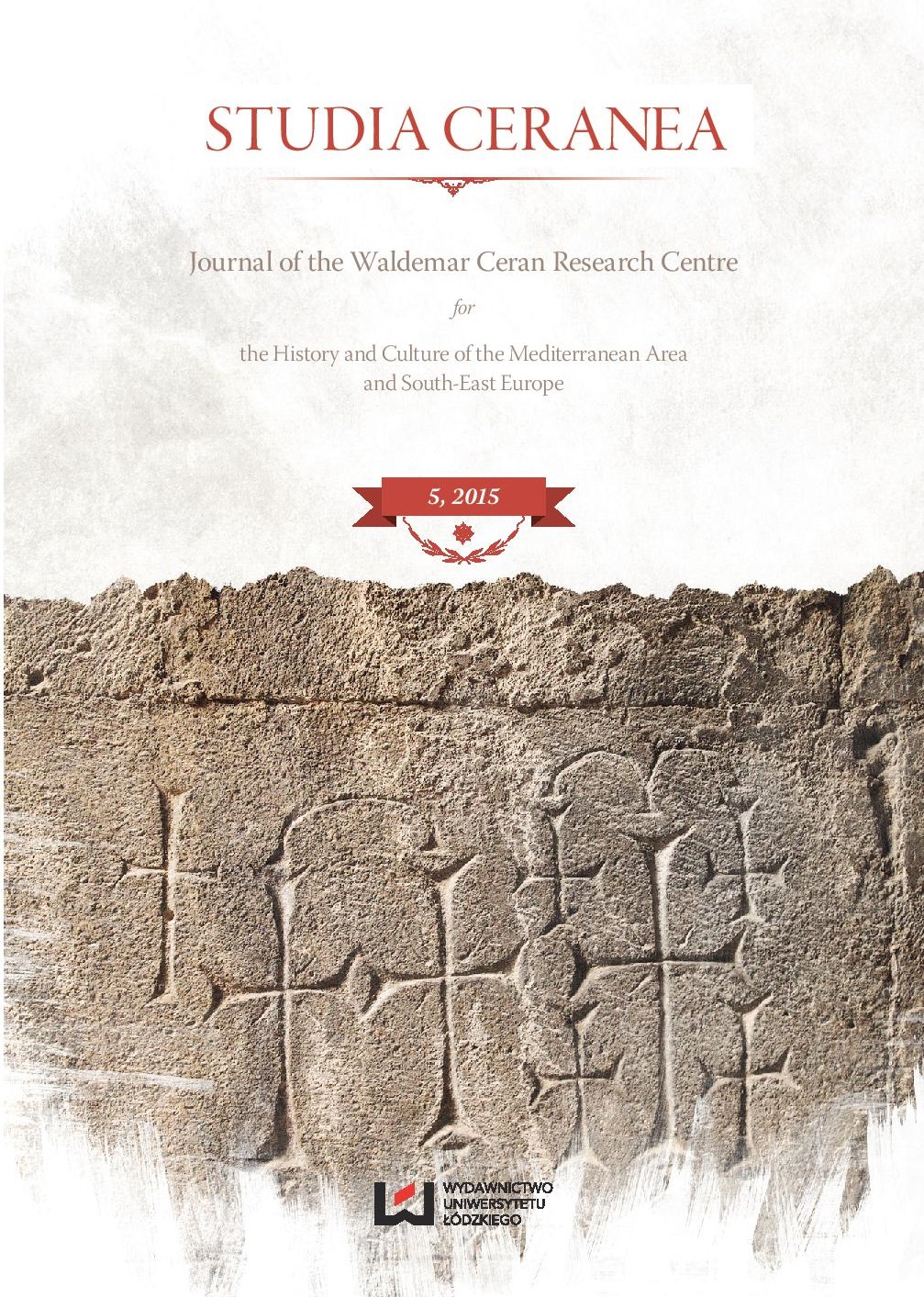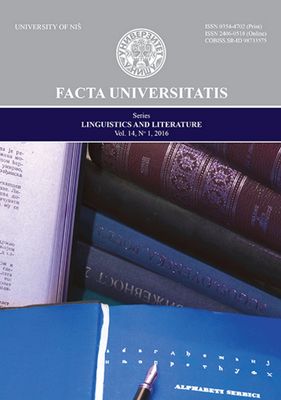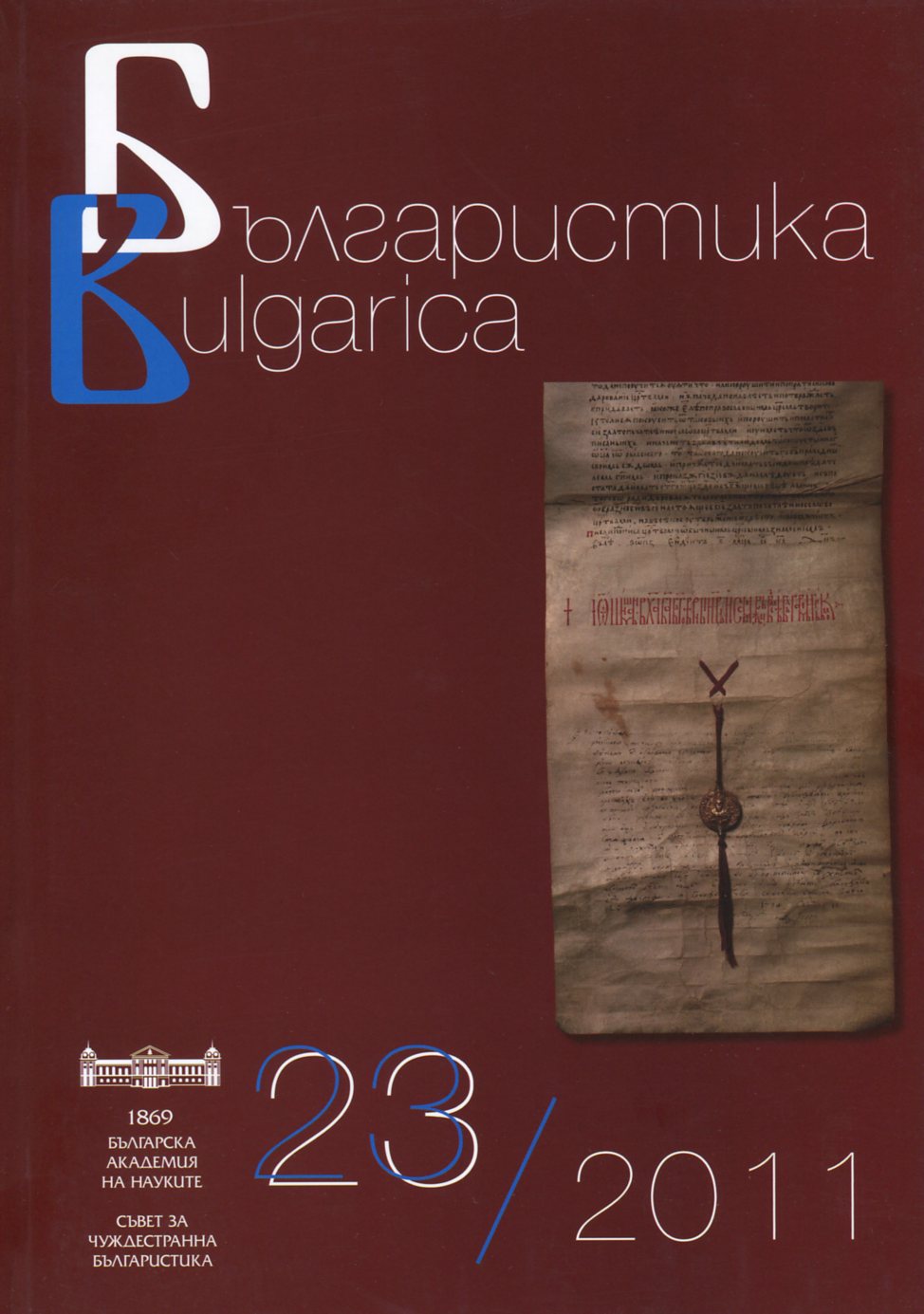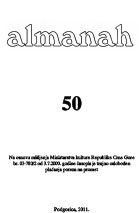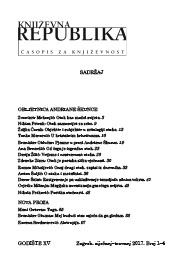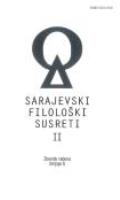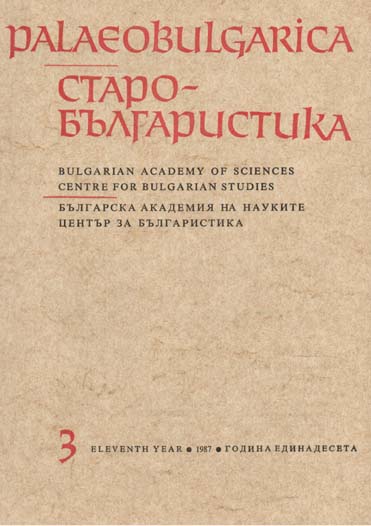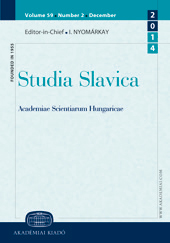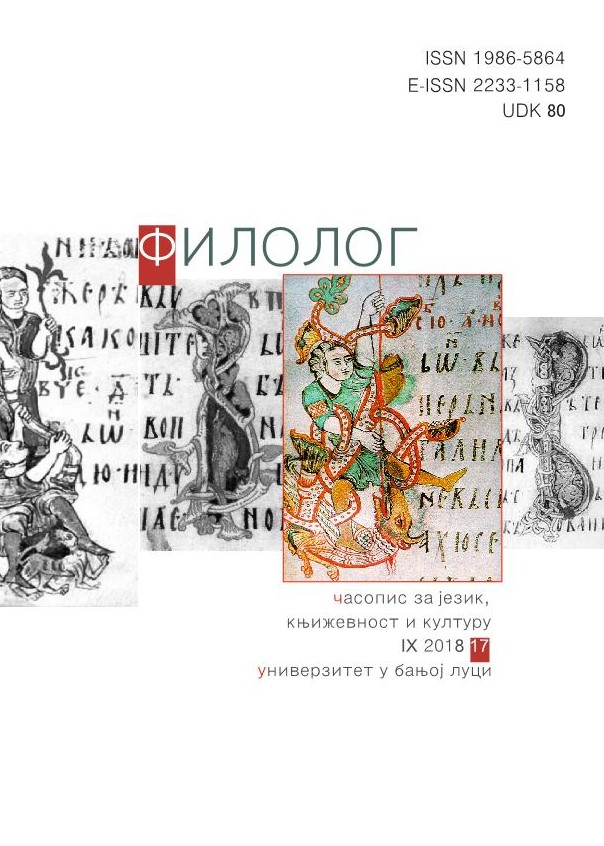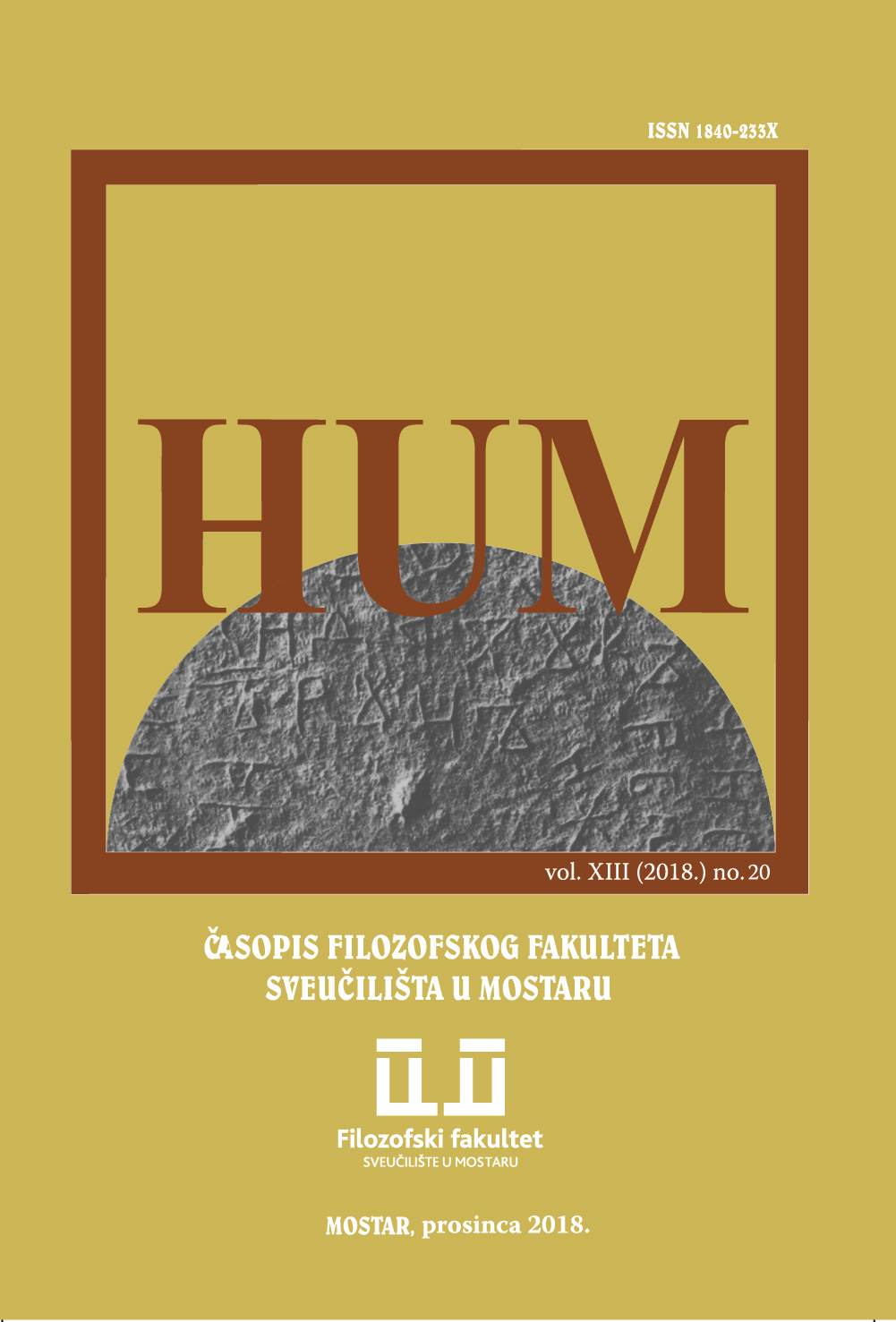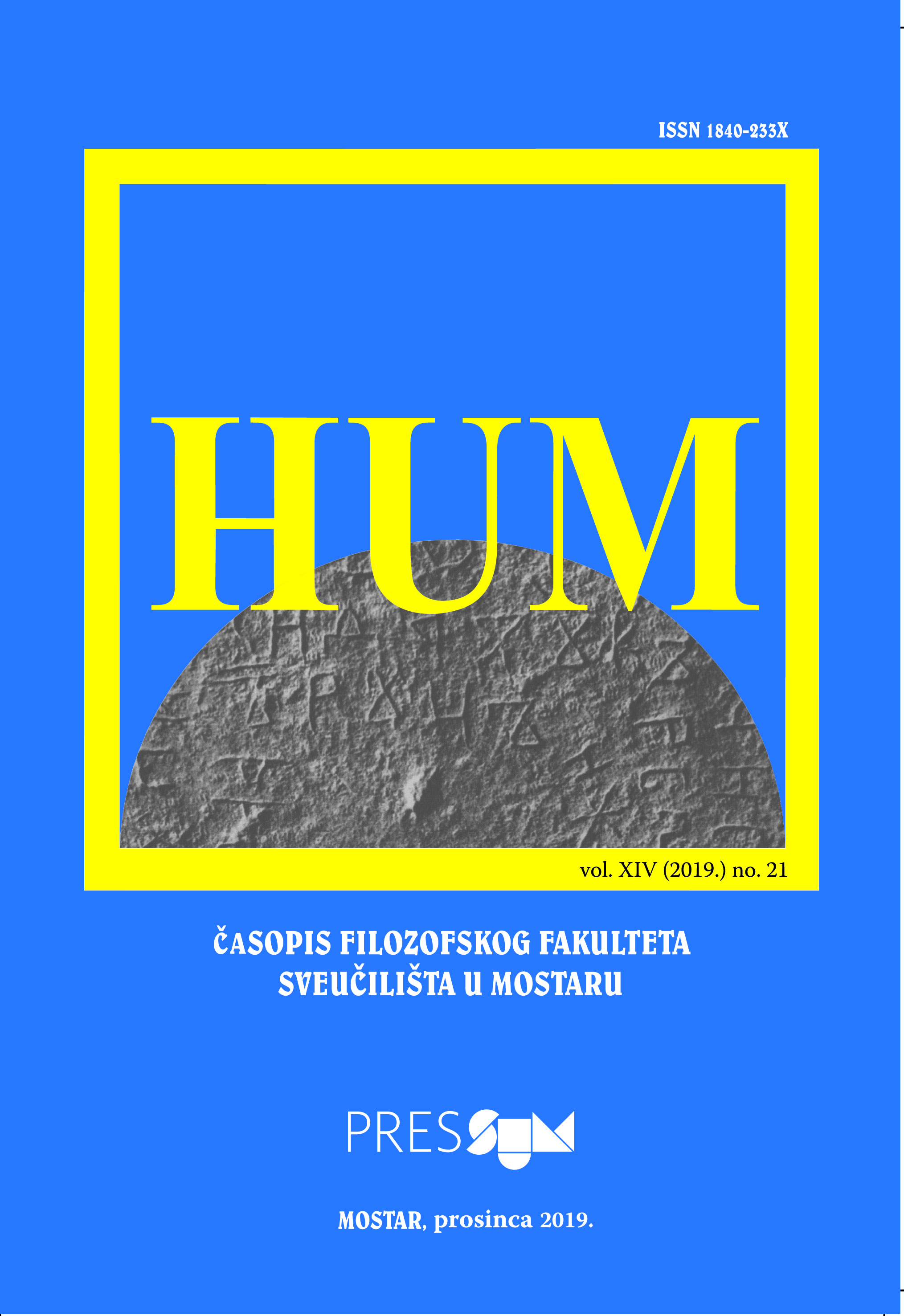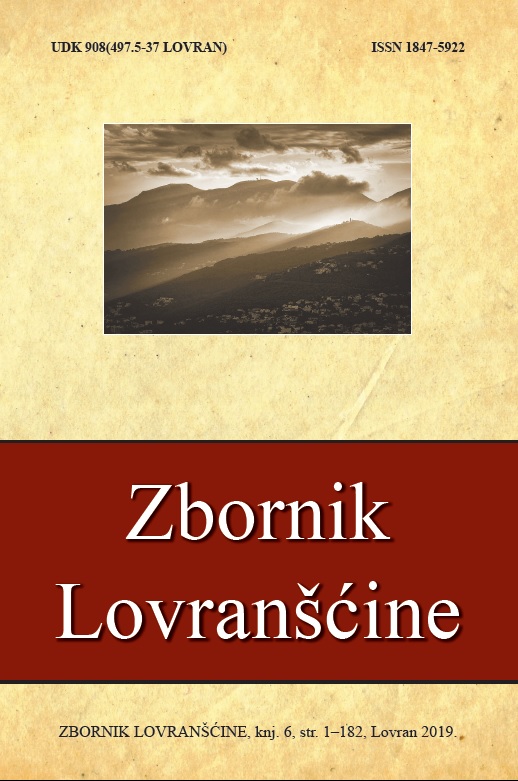Author(s): Ismail Palić / Language(s): Bosnian
Issue: 1/2014
In this paper I tried to offer an appropriate framework for the description of utterances with epistemic modality in the Bosnian language (but also applicable to other languages). Epistemic modality is here defied in the sense which has been proposed by many authors (including Palmer 2001), i.e. as expressing knowledge (judgment, opinion, belief) of the speaker about the factual status of the proposition (assertion). In my opinion, the next five criteria have to be taken into account when describing epistemic modality in any language, including Bosnian: (1) is the proposition true or false, (2) if it is true, to what degree does the speaker believe it to be true, (3) what is the relation between the factual status of the proposition (i.e. being true or not true) and the speaker’s previous knowledge, (4) is the source of the speaker's judgment this own knowledge and experience, (5) is the source of the speaker's judgment outside of his knowledge and experience. Epistemic modality is one of the grammatical subcategories. It implies special formal means as its signals. These means have the function of outside (extrinsic) modifiers of propositions, and in this paper they are called ‘operators of epistemic modality’. Combining the criteria which include, firstly, the suggested five parameters for description, and, secondly, the existence of epistemic operators (i.e. the formal expressions), I propose the term 'epistemic mood', which is used here to refer to different kinds of opinions, beliefs or convictions which the speaker explicitly states about the factual status of the proposition using epistemic modality operators. Following this method, I have established at least ten epistemic moods in Bosnian: (1) the mood of unexpressed opinion (declarative), (2) the mood of question (interrogative), (3) the mood of conclusion (deductive), (4) the mood of assumption (assumptive), (5) the mood of speculation (speculative), (6) the mood of doubt (doubtative), (7) the mood of fulfilled expectation (expective), (8) the mood of non-fulfilled expectation (non-expective), (9) the mood of the own assertion (assertive) (10) the mood of somebody else's assertion (quotative).
More...
